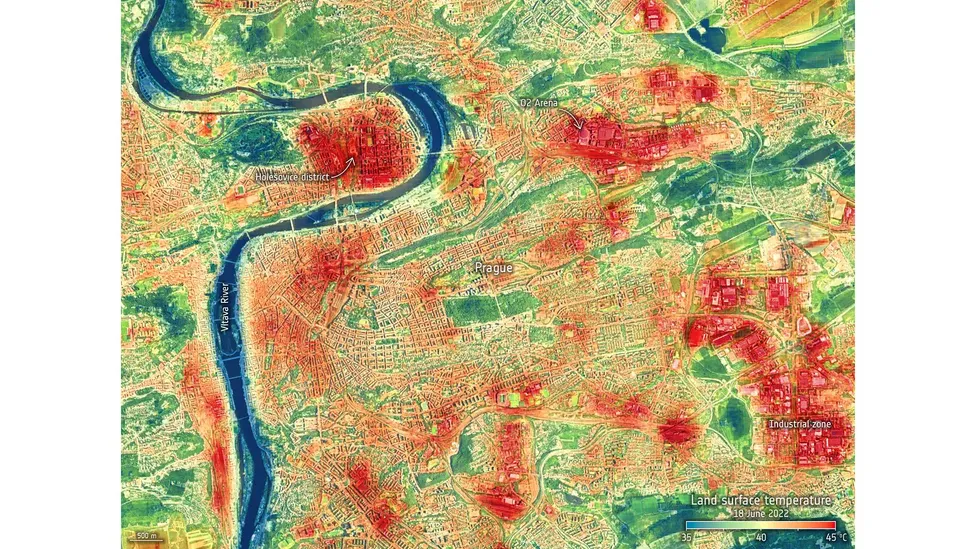The World Meteorological Organisation noted last week as Britons flock to their summer getaways that “parallel and stationary heat domes” have meant temperatures would top 40°C in parts of North America, Asia and across North Africa and the Mediterranean for days to come.
This follows the hottest week in recorded history from 3-10th July, whereby the Cerberus heatwave – aptly named after the three-headed dog who guarded the gates to hell in Greek mythology – albeit sparing the UK, scorched much of Europe, even forcing the temporary closure of the Acropolis in Athens, as tourists queuing to enter required medical attention.
Americans are particularly familiar with the risks associated with heatwaves, which kill more Americans than any other weather-related disaster, and yet the ‘Sunbelt’ states have seen recent growth in their population, e.g. Williamson County, Texas up by 16.3% from 2016-20.
As a result, US cities are also looking for ways to prevent “heat islands,” which are urban areas that experience higher temperatures due to structures — like roads and buildings — that absorb heat and re-emit it. Cities such as Austin have responded by using Google’s Tree Canopy, combining AI and aerial imagery to prioritise planting trees in vulnerable areas.
Making your voice heard is vital – write to your local MP or councillor, urging them to prioritise tree planting and measures to enhance adaptation and resilience to rising temperatures. This includes standing up for the 3,271 deaths in the UK that were linked to last year’s heatwave.
Further resources
From the Economist: How cities can respond to extreme heat
From the FT: How an era of extreme heat is reshaping economies
From CNN: Italy issues ‘extreme’ health warning for 16 cities as heat wave grips Europe
From the BBC: How much warmer is your city?
Google’s Tree Canopy Lab: https://insights.sustainability.google/

